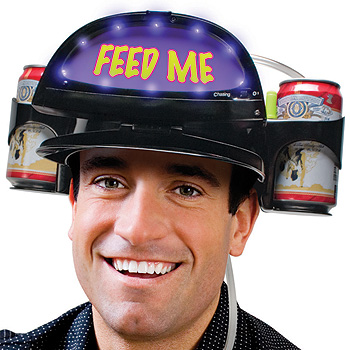Looks like possible bad news for the IF crowd
Dietary Protein Distribution Positively
Influences 24-h Muscle Protein Synthesis in
Healthy Adults
Abstract
The RDA for protein describes the quantity that should be consumed daily to meet population needs and to prevent deficiency. Protein consumption in many countries exceeds the RDA; however, intake is often skewed toward the evening meal, whereas breakfast is typically carbohydrate rich and low in protein. We examined the effects of protein distribution on 24-h skeletal muscle protein synthesis in healthy adult men and women (n = 8; age: 36.9 6 3.1 y; BMI: 25.7 6 0.8 kg/ m2). By using a 7-d crossover feeding design with a 30-d washout period, we measured changes in muscle protein synthesis in response to isoenergetic and isonitrogenous diets with protein at breakfast, lunch, and dinner distributed evenly (EVEN; 31.5 6 1.3, 29.9 6 1.6, and 32.7 6 1.6 g protein, respectively) or skewed (SKEW; 10.7 6 0.8, 16.0 6 0.5, and 63.4 6 3.7 g protein, respectively). Over 24-h periods on days 1 and 7, venous blood samples and vastus lateralis muscle biopsy samples were obtained during primed (2.0 mmol/kg) constant infusion [0.06 mmol/(kgmin)] of L-[ring-13C6] phenylalanine. The 24-h mixed muscle protein fractional synthesis rate was 25% higher in the EVEN (0.075 6 0.006%/h) vs. the SKEW (0.056 6 0.006%/h) protein distribution groups (P = 0.003). This pattern was maintained after 7 d of habituation to each diet (EVEN vs. SKEW: 0.077 6 0.006 vs. 0.056 6 0.006%/h; P = 0.001). The consumption of a moderate amount of protein at each meal stimulated 24-h muscle protein synthesis more effectively than skewing protein intake toward the evening meal.

